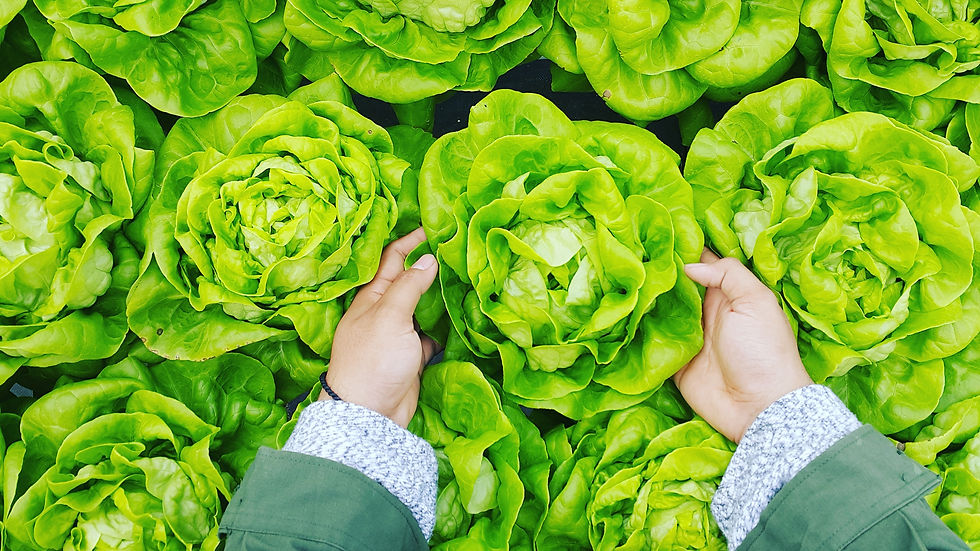
The Secret: Food is Medicine
In this age, convenience trumps quality. It’s time to revisit an ancient wisdom that feels more relevant now than ever: food is medicine. This isn’t about strict diets, it's about understanding how the very act of eating can be a form of healthcare, particularly when it comes to the microscopic world within us.
Our bodies are host to a complex ecosystem of microbes that play a critical role in our overall health, influencing everything from our ability to adapt to different environments to our mental well-being. Unlike our human genome, which we inherit and cannot change, we have the power to shape our microbiome through our diet.
The Power of Diversity
One of the keystones in nurturing a healthy microbiome is the consumption of flavonoids, potent compounds found in a variety of fruits, vegetables, nuts, and seeds. They supercharge our gut health. The goal? It's recommended you consume thirty different types of these foods per week, embracing variety as much as for their health benefits as for the cooking adventure you'll need to have to make it happen.
Fermentation: A Happy Gut's Best Friend
Fermentation is another hero of gut health. Foods like yogurt, kombucha, and kimchi aren't just trendy; they're teeming with live cultures that benefit our digestive systems. Incorporating fermented foods into our diets supports a happy, healthy gut by introducing beneficial bacteria and enzymes.

The Cost of Convenience
Our modern, industrial lifestyle, particularly the typical American diet, poses a significant threat to our microbiomes. High in processed and ultra-processed foods, it lacks biodiversity but actively harms our microbiome. Such a diet tricks our bodies into feeling perpetually hungry, leading to overeating and, eventually, health issues. This disruption, known as dysbiosis, paves the way for diseases by attacking the very foundation of our gut's ecosystem.
Dietary fibers, found in whole grains, beans, vegetables, nuts, and fruits, are the preferred fuel of our microbiome. When deprived of these fibers, our microbiome turns to the mucus layers of our digestive system for sustenance, leading to inflammation and a host of related health issues.
Lifestyle Choices That Enhance Gut Health
The connection between us and our microbial companions extends beyond what we eat. Gardening, for instance, not only provides us with fresh, nutrient-rich produce but also enhances our interaction with beneficial environmental microbes, improving both physical and mental health.
Similarly, exposure to animals, whether through pets or farm life, has been shown to contribute to a healthier gut. This challenges the notion that all bacteria are harmful, highlighting the importance of a diverse bacterial ecosystem for our well-being.
The Gut-Brain Connection
Perhaps one of the most fascinating aspects of our microbiome is its connection to our mental health. Often referred to as our "second brain," the gut communicates with the brain via the vagus nerve. This connection means that the state of our gut health can directly affect our mood and mental health, with research linking healthy gut microbiomes to lower levels of anxiety and depression.
Superfoods
To nurture this vital connection, incorporating superfoods into our diet can be incredibly beneficial. Foods like pumpkin seeds, blueberries, walnuts, golden berries, flaxseed, chia seeds, pecans, and cacao powder are not just delicious; they're packed with nutrients that support a healthy microbiome.

In Conclusion
The adage "you are what you eat" takes on a whole new meaning when viewed through the lens of gut health. By choosing foods that nurture our microbiome, we're not just eating for today; we're investing in our health for years to come. It's a journey of discovery, one where each meal can be a step towards a healthier, happier life.
コメント